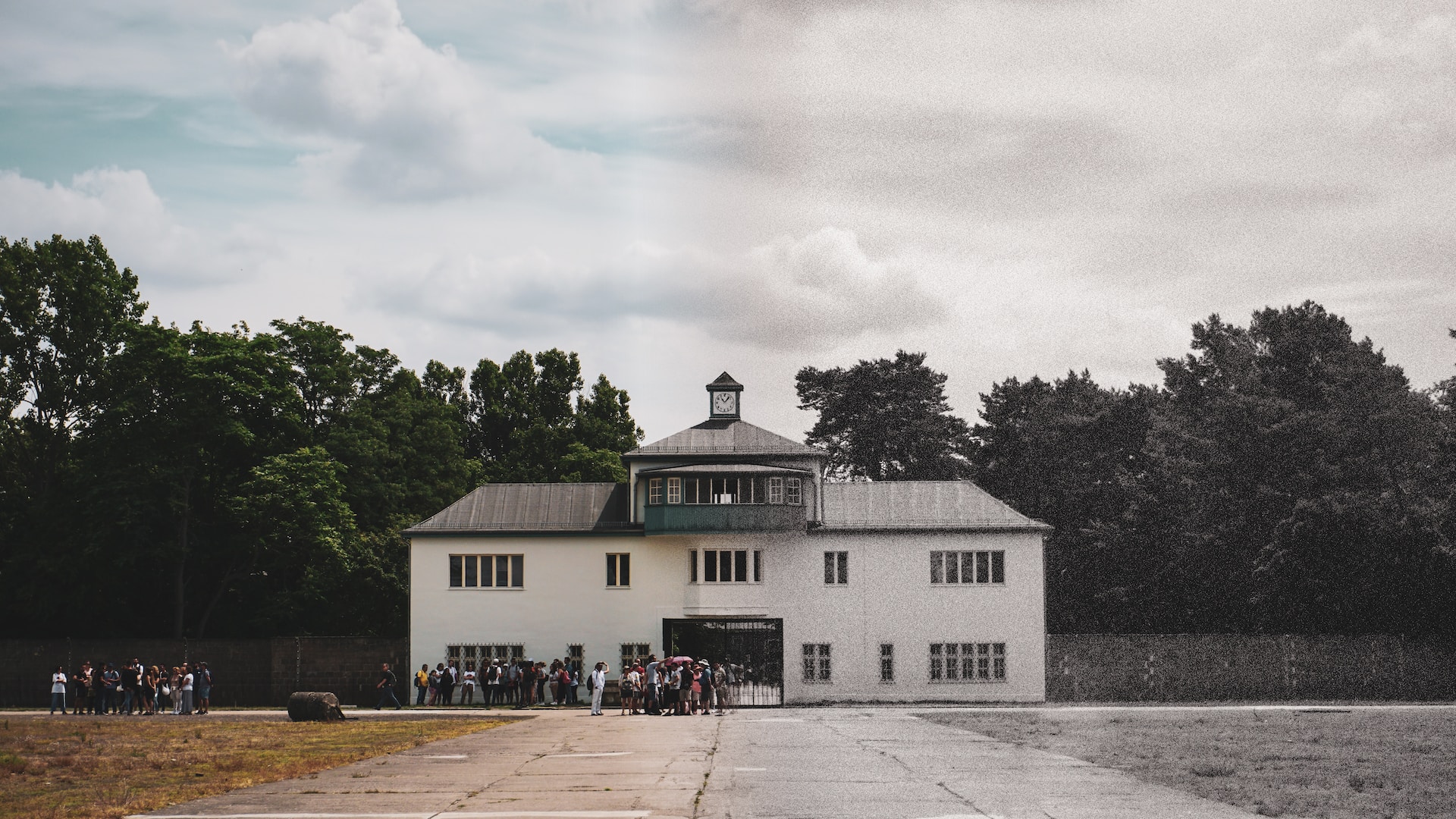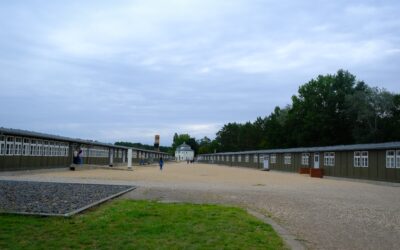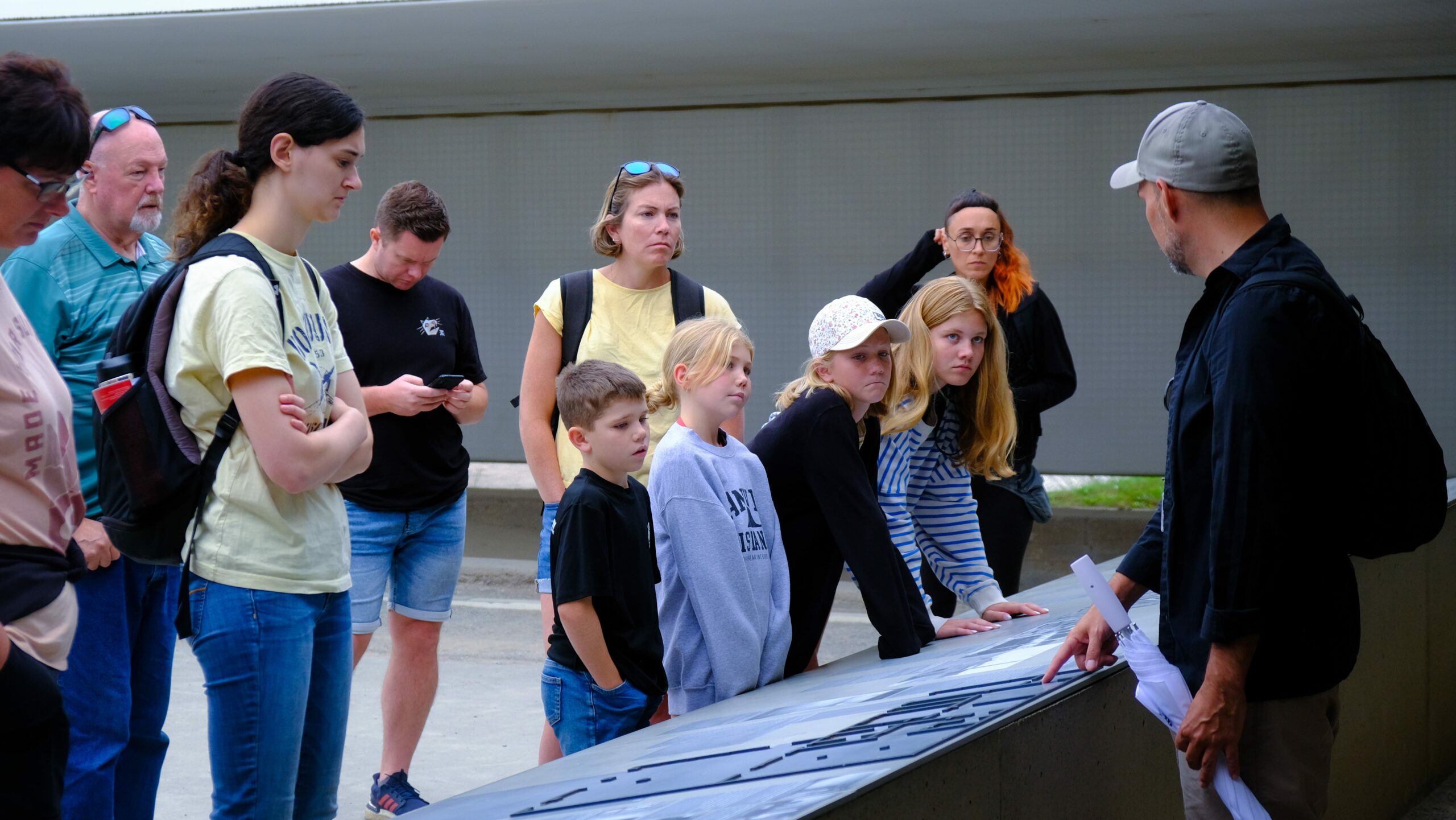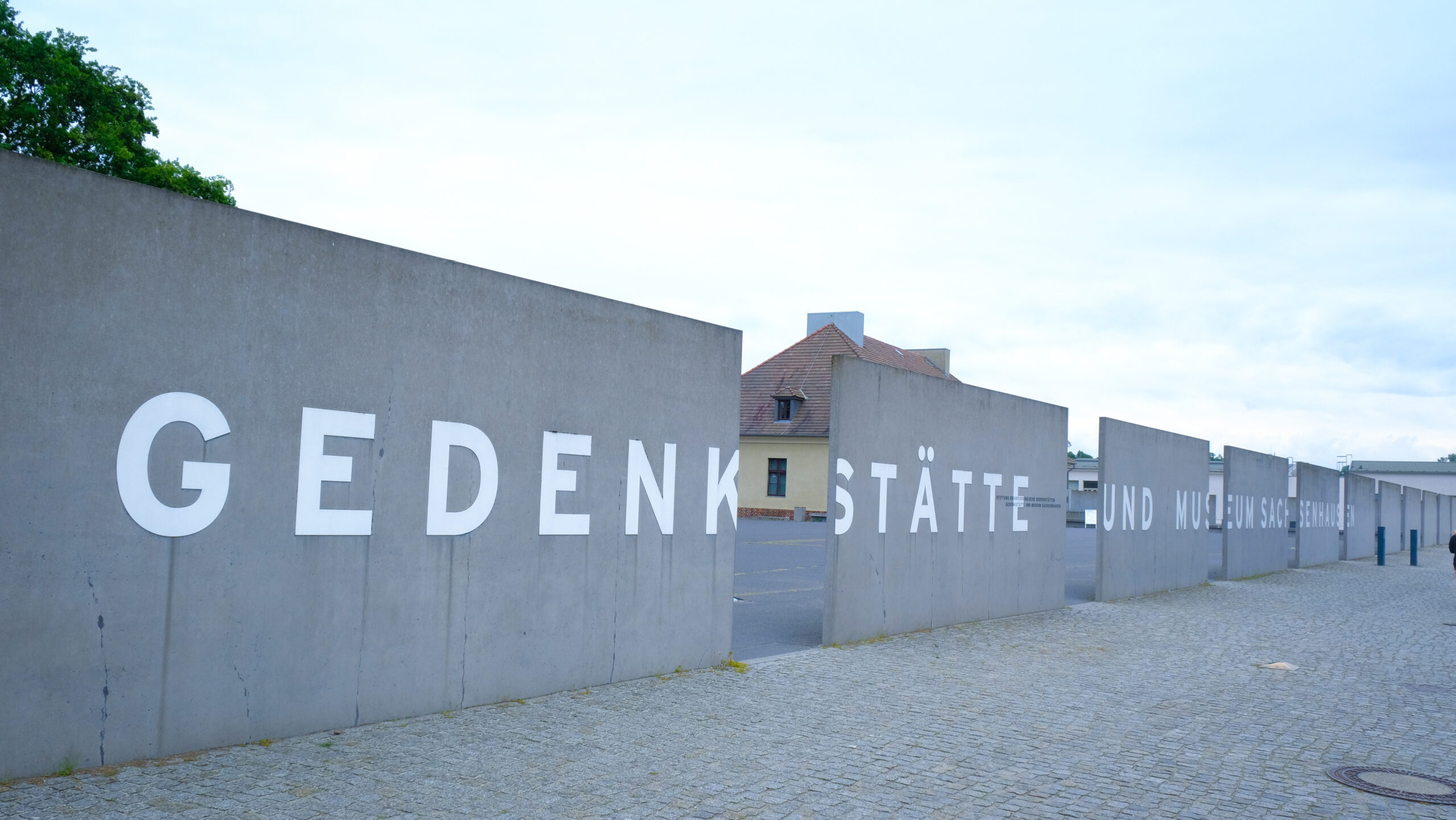Museums of concentration camps serve among the primary tasks of enlightening the visitors about the events of the holocaust. That is why museums are able not only to recall the memory of the people and do honor to the victims of such tragedies but also let us learn history as a non-recurring event.
1. Commemoration and Remembrance
Concentration camp museums are institutions of memorialization purposely located in the former camp sites. They offer the public important works of art that give the reflecting about the people died and how much the sole was suffered during the Holocaust. There are memorials and plaques in museums that make people feel the symbols and installations that are provocative.
1.1 Memorial Sites
Some of the concentration camps have made some transformations of the original camp structures including the barrack buildings, the gas chambers and the crematoria. These remaining prove valuable in reminding the nations people of the evils which the prisoners went through. People can also move in these sites for them to fully grasp the situation and occurrences of these camps.
1.2 Documentation and Artifacts
Documents and pictures along with belongings of the prisoners are common exhibits which concentration camp museums put on show. These exhibits are so useful in offering understandings and crucial untold stories of the prisoners’ lives, experiences and sufferings. Such items help museums make every lost person under the tragedy unique and stress the need for honoring the victims.
2. Education and Historical Civilization
Museums created at the former concentration camp are often used today to inform people about the holocaust and its outcome. Museum education seeks to enhance historical literacy and civility by way of informative and engaging exhibitions, empowering tours and learning experiences.
2.1 Exhibitions and Displays
Museums devoted to concentration camps contain extensive display that list historical background and a timeline of the occurrences of the holocaust. They may include how Nazism emerged, how discrimination measure were put in practice, how the concentration camps were founded and run, and how the prisoners were liberated. In this method, museums work with a number of multimedia facilities, which attract people and help to tell history.
2.2 Personal Accounts and Stories
Current museums use survivor testimonies and oral histories of liberators and witnesses from the holocaust. These are particularly beneficial for providing a more insightful look of the suffering, which took place within those camps. Live stories of the victims allow receiving a deeper understanding of the emotions that the Holocaust brought.
3. Awareness and genocide prevention
More concentration camp museums are meant to educate people concerning discrimination, prejudice, and genocide. The purpose of Holocaust museums is to raise awareness and teach the public and therefore stimulate people’s reason and change attitudes for the better.
3.1 Lessons for the Present
Therefore, it is not just the case of concentration camp museums: doing it will teach you more than the history. People are free to think about the similarities and differences between the years that have passed and the years that are now, the dangerous thoughts that predetermine the tragic outcomes. Subsequently, museums are keen to highlight the role of raising awareness of human rights, fighting against hate and creating tolerance.
3.2 Genocide Prevention Support
Concentration camp museums express social responsibility of precaution of genocides and cruelty all over the world. These museums aim to actively raise awareness of the atrocities that occurred and to work towards justice as well as education with an end view of ensuring that such horrors are not repeated again.
Conclusion
They are milestones which were created to inform people, to remind them about the events occurred. These museums allow us to willify history and to face the worst sides of human nature in the hopes to build a better tomorrow. Touring a concentration camp museum is can be a great learning experience that essential values like compassion, tolerance, and tolerance and Human rights.




